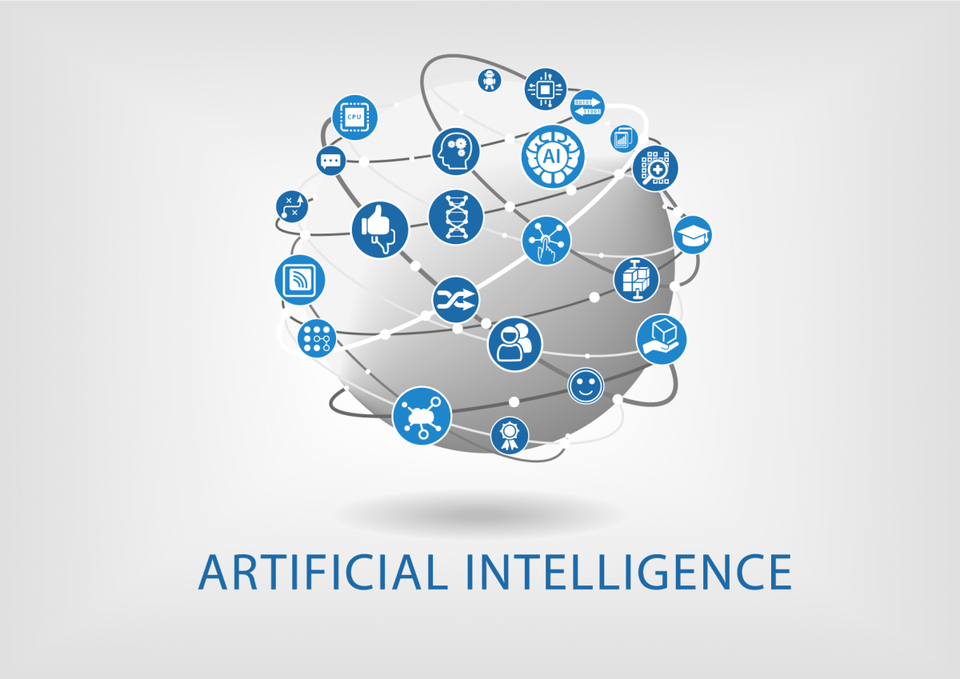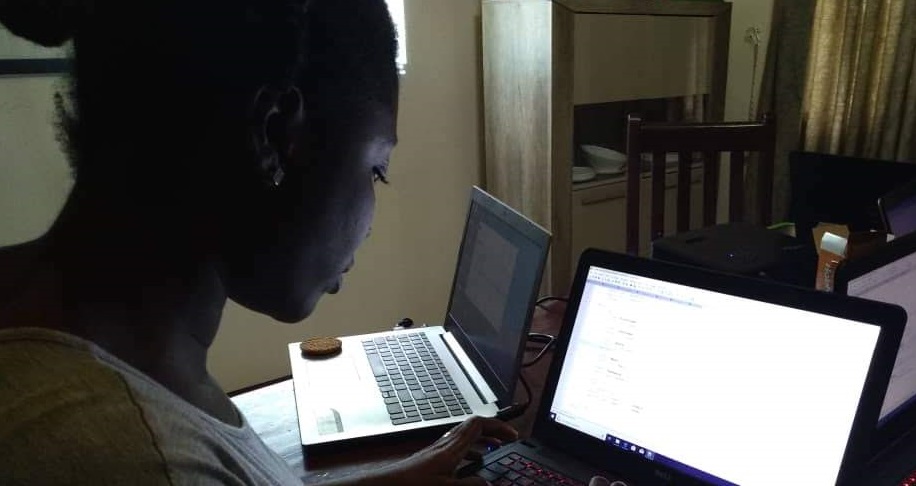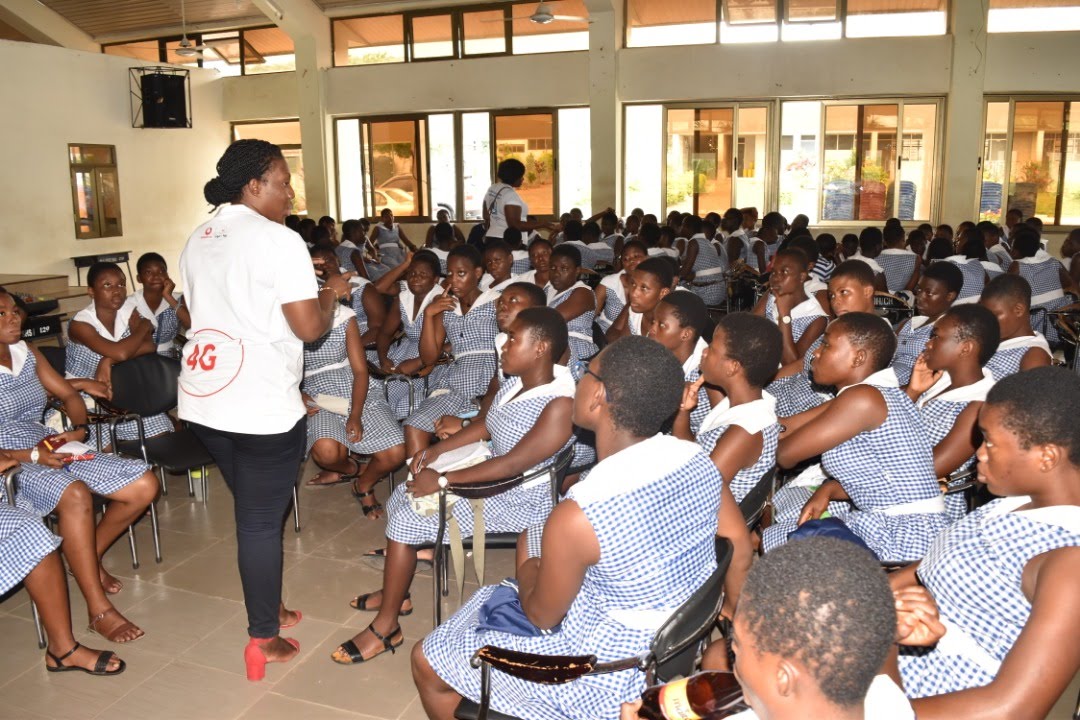Part one of this article discussed data initiatives such as data commons, data exchanges and marketplaces, and open data platforms in dealing with the challenge of lack of unbiased data…
Tag: Kuuku Sam
 Articles
ArticlesData Initiatives Worth Exploring in Ghana Part 1
By IIPGH0On the 12 November 2020, I had the rare privilege of being part of a panel discussion on the “opportunities and challenges for Responsible AI in Africa” as part of…
 Articles
Articles3 Areas Where We Must Harness the Transformative Power of Artificial Intelligence
By IIPGH0For most people, artificial intelligence (AI) is about robots; about some complex technology that is far away from them. This is true especially for people living in developing countries where…
 Articles
ArticlesBarriers to Artificial Intelligence Adoption in Ghana
By IIPGH0Artificial Intelligence (AI) offers opportunities for a developing country like Ghana to transform its economy. AI can provide solutions in all sectors of the economy. In agriculture, AI offers solutions…
 Articles
ArticlesDigital Gender Inequality: Challenges and Proposed Actions (Part 3)
By IIPGH0Internet companies must assist women to use the internet safely by providing training that helps in identifying online threats and providing tools for controlling privacy and security settings. Additionally, applications…
 Articles
ArticlesDigital Gender Inequality: Challenges and Proposed Actions (Part 2)
By IIPGH0According to GSMA, closing the mobile ownership and usage gender gap by 2023 will deliver an estimated 140 billion dollars for the mobile industry over five years.
 Articles
ArticlesDigital Gender Inequality: Challenges and Proposed Actions (Part 1)
By IIPGH0Though affordability is a barrier, lack of literacy and digital skills is probably the greatest challenge to reducing this digital gender gap. Reading and writing skills are needed in order…
